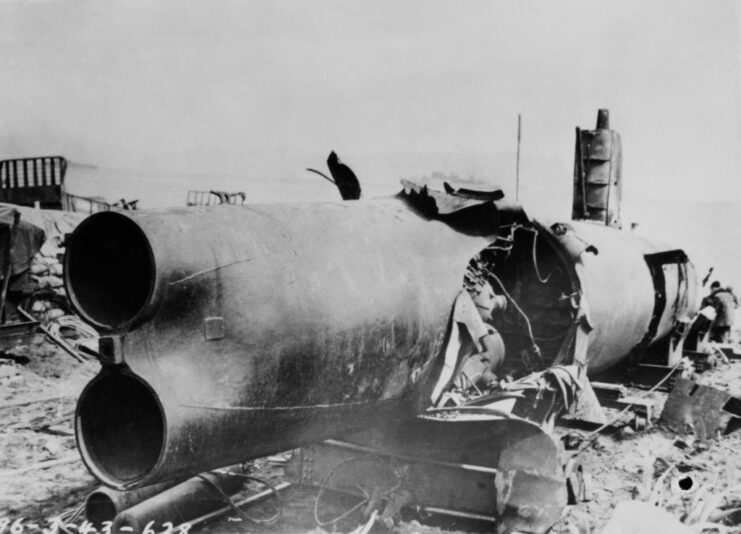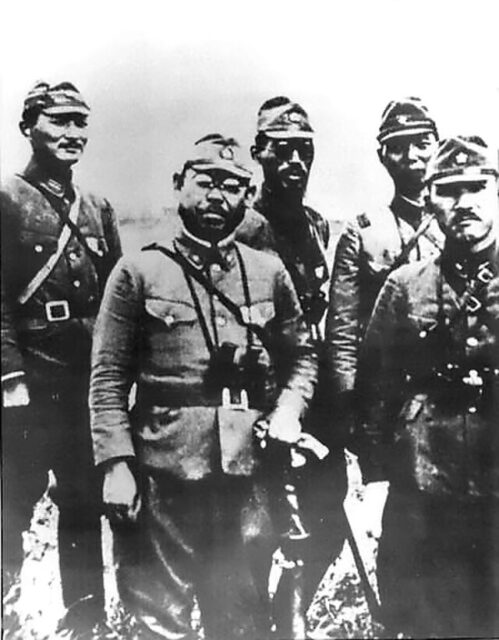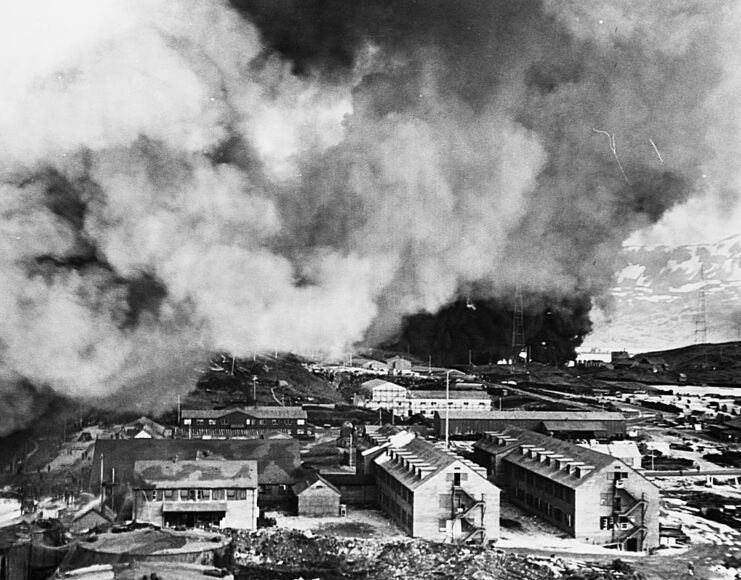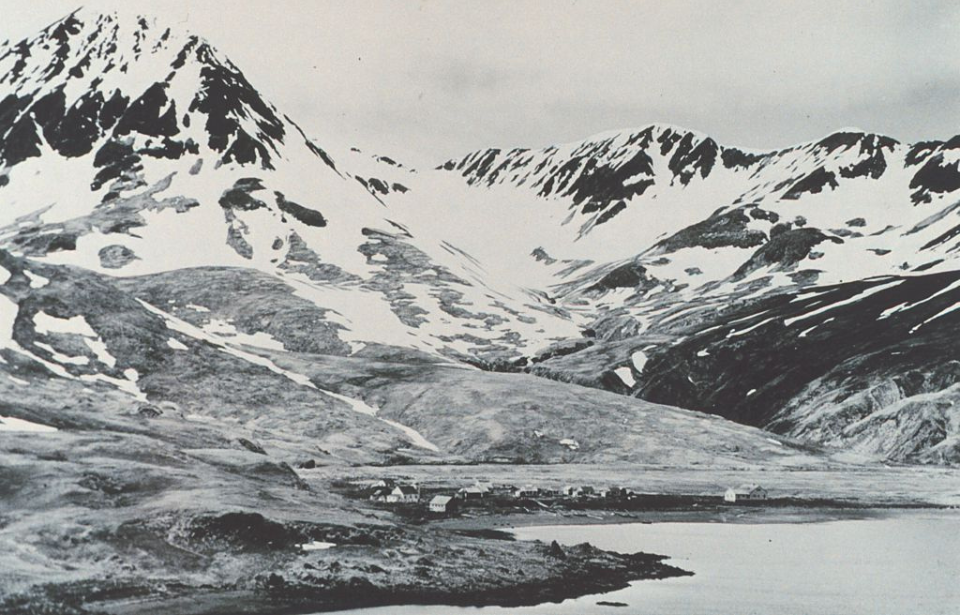The Aleutian Islands Campaign of World War II is often overlooked when discussions of the conflict occur. The Japanese invasion and occupation, which ran from 1942-43, saw the region’s Indigenous population removed from their villages, with many taken as prisoners of war (POWs) and sent to Japan. Others were held in internment camps by the US government following Pearl Harbor.
Eight decades later, a descendant of the last Native leader of Attu Island is demanding reparations from Japan, as payment for what her great-grandfather and others had to face following the military invasion.

Speaking with the Associated Press, Helena Pagano shared that her great-grandfather, Mike Hodikoff, died of starvation during the Second World War while being held prisoner by the Japanese on Hokkaido Island.
Of the 41 village residents who were held on Hokkaido, 22 perished from tuberculosis, starvation or malnutrition. Hodikoff and his son, in particular, got food poisoning from scrounging through garbage for something to eat and died from the illness.
They and the others who were forced from their Attu settlement never returned. After the war, there was hope survivors would be able to return, but the US military said it would be too costly to rebuild. Instead, they were sent 200 miles away, to Atka Island.
“[The Attuans] lost their homeland, they lost their family members,” she said. “This story was never told, and the Japanese have never really helped us in that regard.”

Pagano has long felt Japan should pay reparations for what took place during the Aleutian Islands Campaign, with this belief only increasing after she visited Attu in the summer of 2024, alongside Japanese officials who were looking to recover the remains of soldiers killed abroad in the conflict. In 1953, the government was able to recover and repatriate 320 Japanese soldiers from Attu.
The Associated Press write that, in 1951, the Japanese government offered to pay surviving Attuans $4,000 annually for three years, as a form of compensation for what occurred in World War II. Most took the money. However, the families of those who perished while held as POWs have never been compensated.
Officials with both Japan’s Health, Labor and Welfare Ministry and the Foreign Ministry told the Associated Press that requests haven’t been received regarding additional restitution, adding that the matter was settled through a treaty that was signed in San Francisco, California, in 1951. Under the document, signatories waived their rights.
Pagano, however, says the treaty wouldn’t prevent the payment of additional restitution.

More from us: BBC Acquires Jacob Elordi-Led World War II Miniseries ‘The Narrow Road to the Deep North’
Want War History Online‘s content sent directly to your inbox? Sign up for our newsletter here!
Along with financial restitution, Pagano told the Associated Press that she’d like to have the Japanese government work alongside the United States to cleanup Attu. She’d also like to see the creation of an Attuan cultural center in mainland Alaska.
